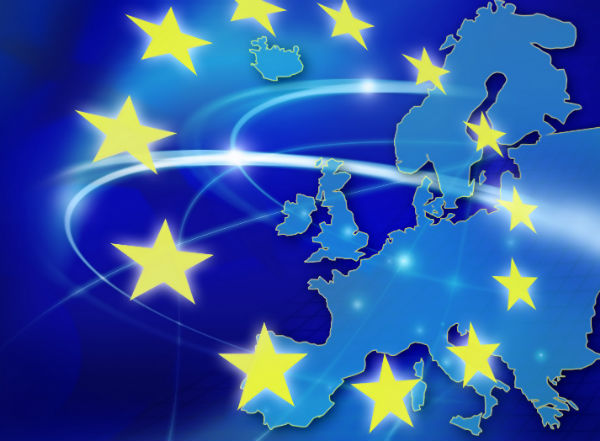Oracle Loses Battle Against Second-Hand Software Licensing

The European Court of Justice says selling on software licences second-hand is fine – much to Oracle’s dismay!
The European Court of Justice has ruled that used software licences can be sold on, in a case that will leave Oracle down in the dumps.
Oracle brought a case against German company UsedSoft, which markets licences acquired from Oracle customers. Having taken its bid to stop UsedSoft’s practices to a German court, Oracle’s complaint was referred to the Court of Justice.
The EU body said that distribution rights ended when the copyright holder markets copies of their software on a material medium, such as a CD-ROM or DVD, or via downloads from their website.
Who’s got the right?
“Where the copyright holder makes available to his customer a copy – tangible or intangible – and at the same time concludes, in return for payment of a fee, a licence agreement granting the customer the right to use that copy for an unlimited period, that rightholder sells the copy to the customer and thus exhausts his exclusive distribution right,” the ruling read.
 “Such a transaction involves a transfer of the right of ownership of the copy. Therefore, even if the licence agreement prohibits a further transfer, the rightholder can no longer oppose the resale of that copy.”
“Such a transaction involves a transfer of the right of ownership of the copy. Therefore, even if the licence agreement prohibits a further transfer, the rightholder can no longer oppose the resale of that copy.”
The court said, however, that anyone who sells a licence is not allowed to carry on using the related software on their own system. “An original acquirer of a tangible or intangible copy of a computer program for which the copyright holder’s right of distribution is exhausted must make the copy downloaded onto his own computer unusable at the time of resale,” the ruling read.
Furthermore, if the “first acquirer” has bought a licence covering more users than they needed, they cannot divide the licence to resell only part of it.
But the ramifications of the decision are significant, as they will affect all software makers operating in the EU. Oracle may not have lost the case for good, as it still has to go back to the German court for a final verdict, but the Court of Justice’s ruling will likely have a big impact.
Oracle is not faring too well in its copyright and patent spat with Google either. It accepted zero financial damages from Google over its Java API lawsuit, but will appeal the ruling that Java APIs used by Google in building Android are not protected by copyright.
However, in June, Oracle still saw net income increase by 8 percent to $3.5 billion during its fiscal Q4 2012.
Are you a privacy pro? Try our quiz!